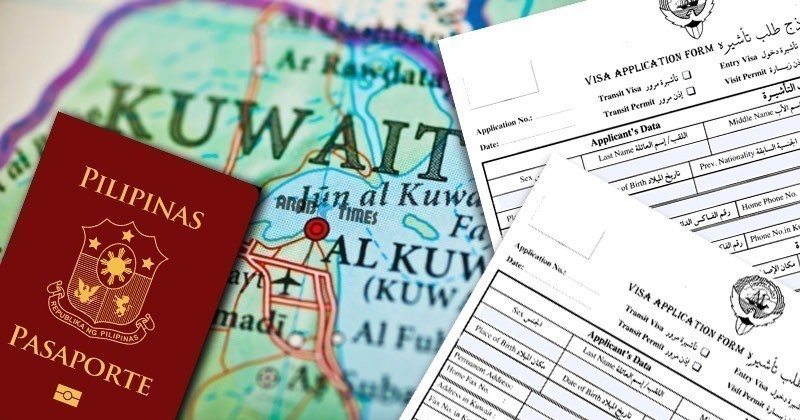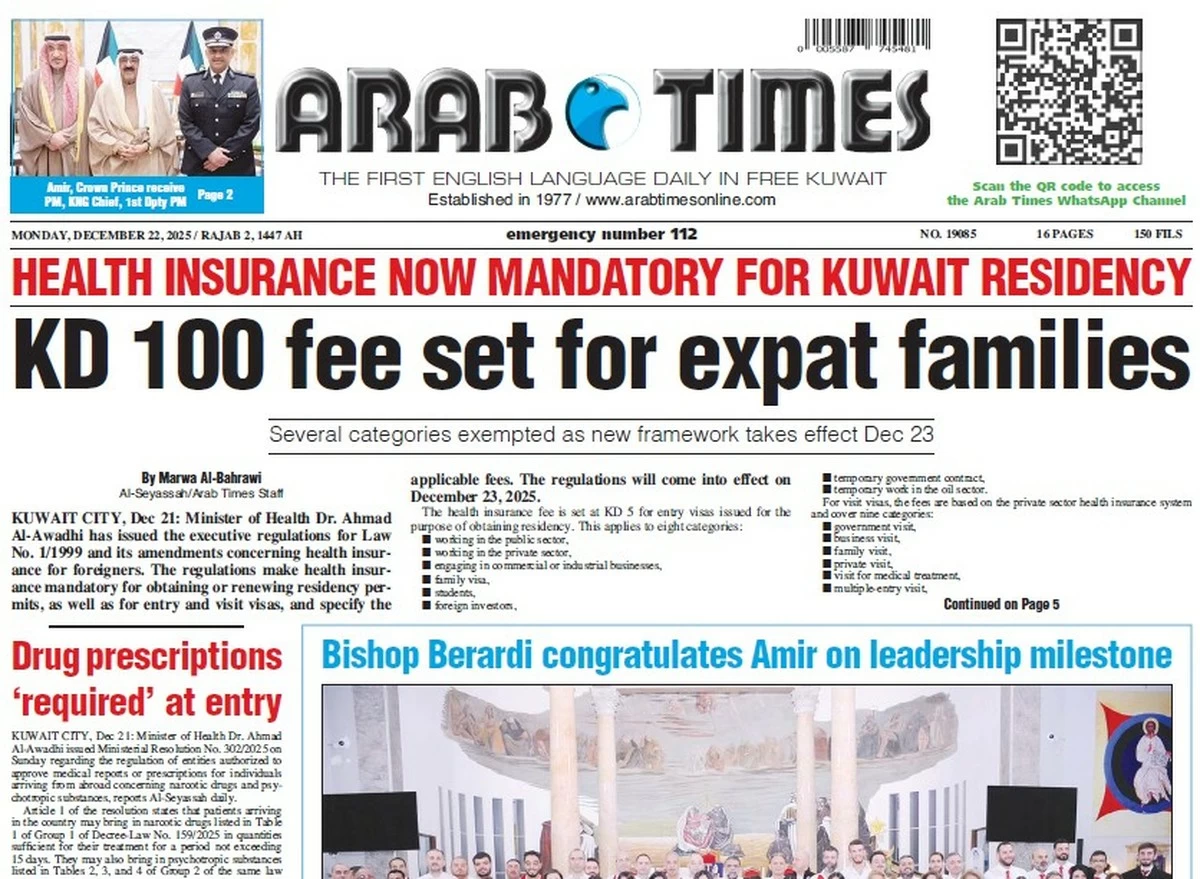03/10/2023
03/10/2023

KUWAIT CITY, Oct 3: The Undersecretary of the Philippine Ministry of Foreign Affairs, Eduardo de Vega, expressed Manila's desire to engage in discussions with the Kuwaiti government regarding the potential resumption of sending Filipino workers to Kuwait, reports Al-Jarida daily.
This statement follows the recent conviction by the court in Kuwait of the juvenile who was involved in the alleged murder of the Filipino domestic worker w.
Bassam Al-Shimmari, a specialist in domestic workers’ affairs, disclosed that the Philippine Association of Recruitment Agency Secretaries in Kuwait had invited some owners of local recruitment offices to an urgent virtual meeting via Zoom on Oct 12 at 3:00 pm. The purpose of this meeting was to discuss the possibility of the Philippines recommencing the sending of new domestic workers, given the recent moratorium decisions from both countries.
Al-Shimmari mentioned that the invitation stemmed from a request made by the association to President Ferdinand Marcos, Jr., urging a resumption of dialogue between officials from both countries. The objective is to reach a consensus that resolves the ongoing dispute and lifts the ban on Filipino workers.
He commended this as a positive initiative and called on relevant Kuwaiti authorities to leverage this opportunity in the interest of both nations, especially amidst the severe shortage of domestic workers due to the halt in issuing new worker visas for Filipinos.
Anticipating the meeting's agenda, Al-Shammari expected discussions on various issues, including the overcrowding of female workers in the embassy's building, prompt resolution of labor disputes, restoring financial rights, and the role of the PAM Labor Shelter Center in containing disputes.
Highlighting the significance of Filipino domestic workers in the Kuwaiti market, estimated at around 200,000 workers constituting half of the total domestic workforce, he emphasized their value to Kuwaiti and expatriate families due to their effective communication, education, and understanding of community customs.
Concurrently, local sources revealed Kuwait's persistent concerns regarding certain actions of the Philippine Embassy, particularly its oversight of shelters housing individuals violating residency laws or facing absconding reports. Kuwait views this oversight as a breach of its laws and recognized diplomatic norms. The sources emphasized Kuwait's position based on defined principles, urging the Philippines to address violations, provide an official pledge from its embassy not to repeat such violations, and inform the Manila government of this commitment for publication in official media. Kuwait is also exploring labor alternatives from other countries to replace existing Filipino workers should they decide to leave permanently.


